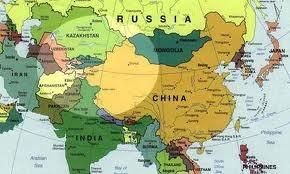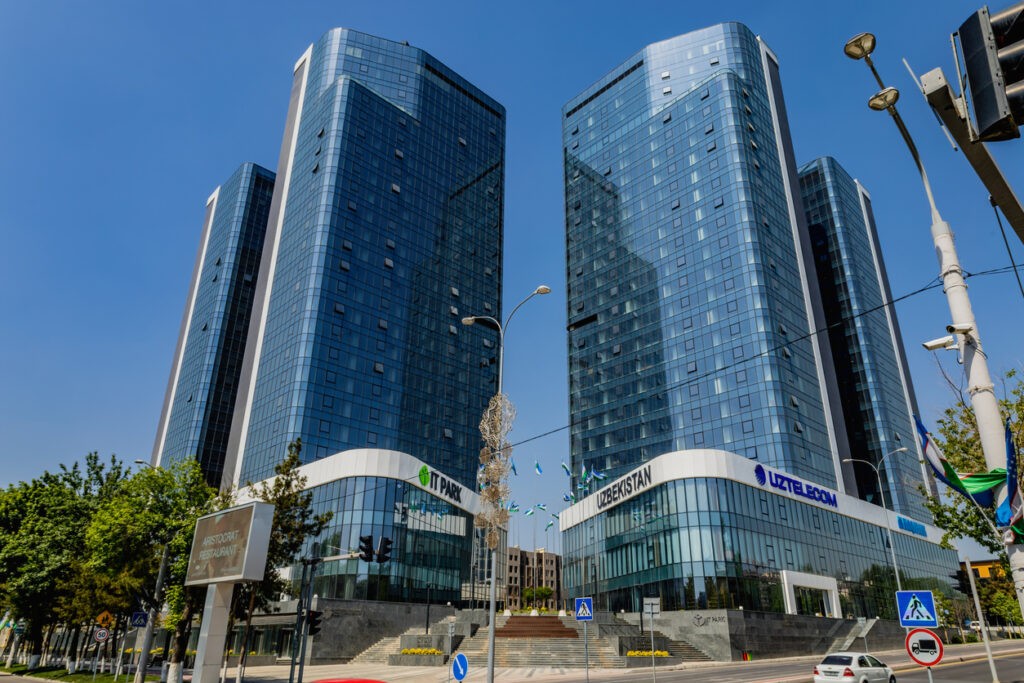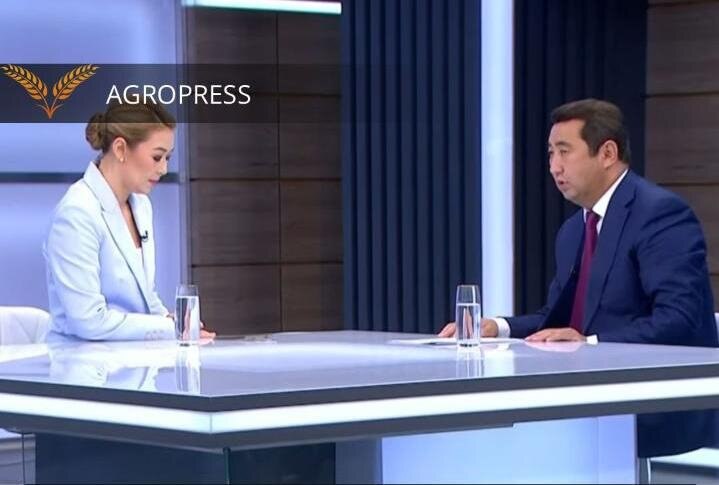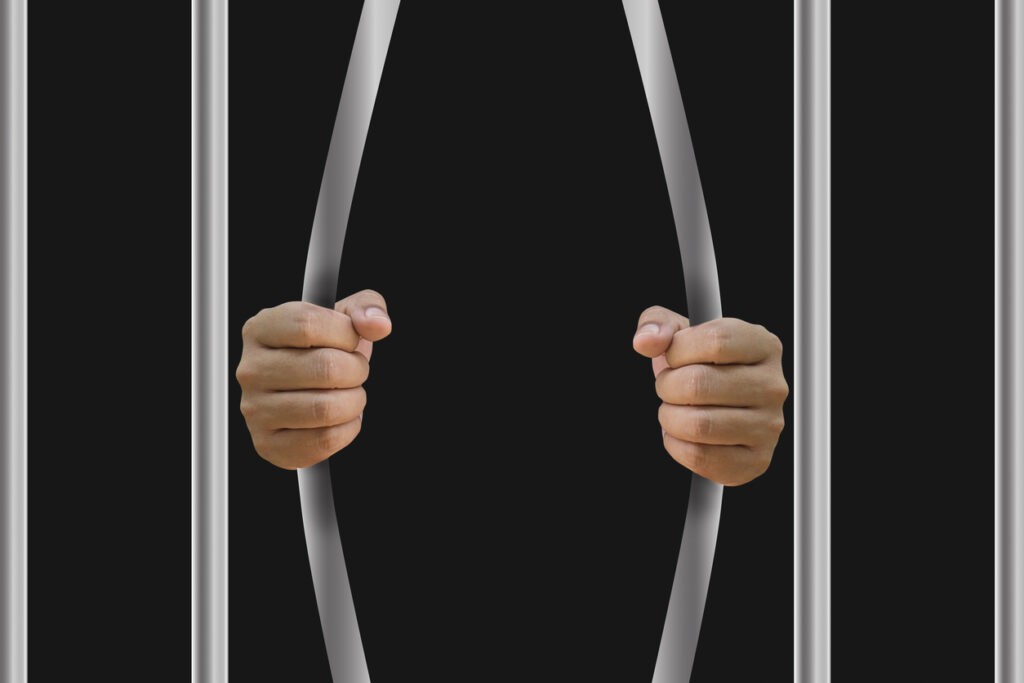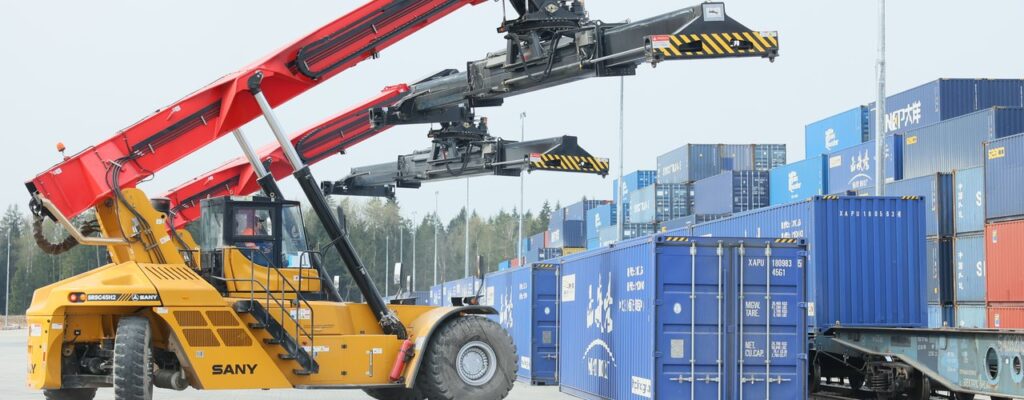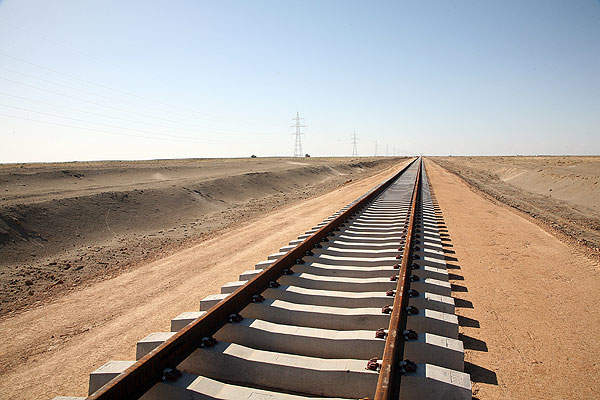BISHKEK (TCA) — The European Bank for Reconstruction and Development (EBRD) plans to step up its cooperation with China and the European Union (EU) in order to deliver increased levels of high-quality investment in Central Asia and beyond. The EBRD made this commitment during a meeting attended by EBRD President Suma Chakrabarti, the European Commissioner for International Cooperation and Development, Neven Mimica, and the Deputy Governor of the People’s Bank of China (PBoC), Chen Yulu, at the EBRD-PBoC Central Asia Investment Forum held in Beijing on November 14.
At the meeting, the three parties agreed to work to increase both the quantity and the quality of investments, in line with the priorities of the countries involved. They emphasised the need for sustainable investment with market-oriented partners, with a focus on private sector solutions.
The parties would help to create conditions that were conducive for such financing, in particular by addressing risks, building the capacity of institutions and clients, promoting a predictable and level playing field for investors and by incentivising green and inclusive investment.
The meeting also emphasised the importance of connectivity in achieving the 2030 Sustainable Development Goals and of building partnerships based on a respect for international common rules and principles.
EBRD President Chakrabarti told the meeting: “Together we can make a real difference in the delivery of sustainable, rules-based projects that can help forge robust commercial links across Central Asia and right through to Europe.”
Deputy PBoC Governor Chen referred to this cooperation in the context of the China-led Belt and Road Initiative that aims to connect Asia with Africa and Europe via land and maritime networks and which he said had been actively supported by Central Asian countries.
“China is willing to work with the EBRD and other parties, to further promote financial, renewable energy, infrastructure, and agribusiness and risk mitigation cooperation between China and Central Asian countries under the Belt and Road Initiative,” Deputy Governor Chen said.
Mr Mimica said: “Over many years, the EU and Central Asia have forged a strong and active partnership spanning many areas – from trade and security to energy and connectivity. And we all believe in working together to promote our shared values of peace and prosperity. The EU’s new strategy for ‘Connecting Europe and Asia’ is the latest example of our firm commitment to boosting cooperation with our Asian partners in key areas like connectivity and sustainable development.”
The meeting in Beijing came in the wake of the 20th EU-China Summit that took place in July 2018 where the two said they would continue to forge synergies between China’s Belt and Road Initiative and the EU’s initiatives.
The EU and China stressed then that such cooperation should improve the economic, social, fiscal, financial and environmental sustainability of Europe-Asia connectivity and adhere to shared principles of market rules, transparency, open procurement and a level playing field for all investors.
For its part the EBRD is committed to working with China to promote cooperation in third-party markets. Since China became a shareholder of the EBRD in 2016, the Bank has reached out to Chinese enterprises with a view to teaming up and making joint investments in the countries where the EBRD works to promote inclusive and sustainable market economies.
In this context, during the Beijing conference, the EBRD and the China International Contractors Association signed a Memorandum of Understanding underscoring their aim to develop their cooperation and continue to forge synergies on investments in third-party markets that are EBRD countries of operations and are part of China’s Belt and Road initiative.
